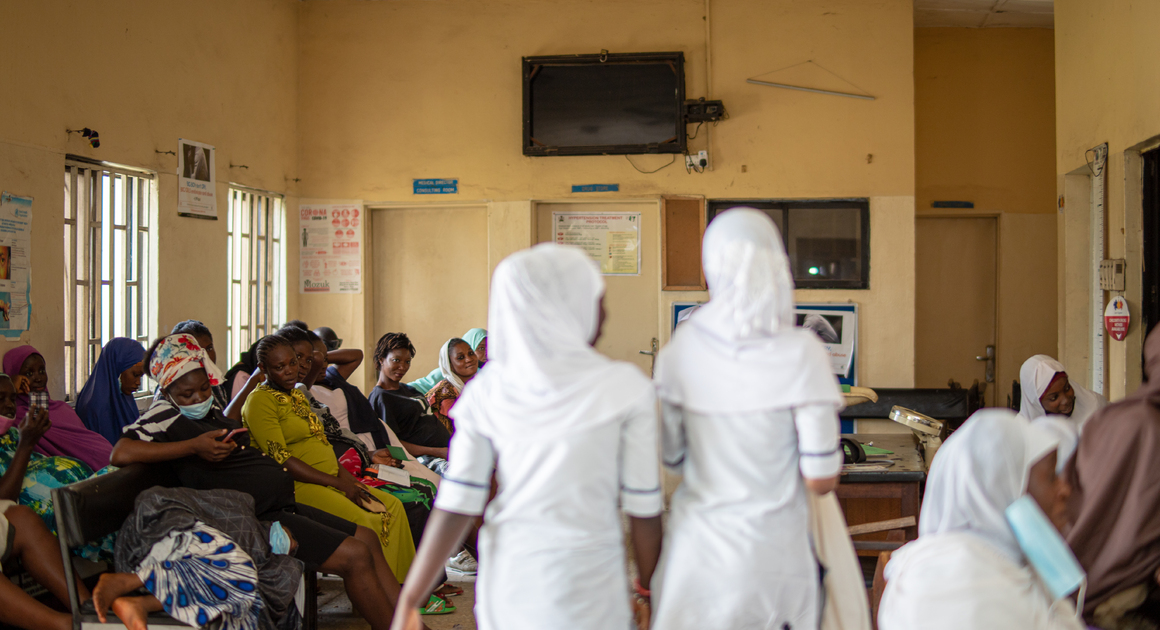Victory for Workers Nurses' Warning Strike Forces the Nigerian Government to Enter an Agreement

Nigerian nurses shut down hospitals for four days and forced the government to the bargaining table. With a signed agreement, they commence monitoring the implementation of their demands.

Jesse Saidu
A strike by PSI members from the National Association of Nigeria Nurses and Midwives (NANNM) has successfully pushed the government to the bargaining table. Workers embarked on the strike due to unsafe staffing ratios, poor wages, non-gazetting of the 2016 Nurses Scheme of Service, among others.
Four days into the nationwide warning strike, the Nigerian government reached an agreement and signed a Memorandum of Understanding (MoU) with NANNM to suspend the strike on August 2, 2025. The government has agreed to commence implementation of some of the demands within four weeks from the sign-off date of the MoU.
the federal government has committed to a time-bound implementation of all nine key demands presented by the Association
Workers receive about 5,000 Naira ($3) as hazard allowance. This is grossly inadequate. The continued migration of health workers out of the country increased the pressure on the already under-staffed health system. In 2021, PSI documented how austerity measures caused severe stress for healthcare workers in the country through the testimonials of workers. It revealed how austerity policies of the International Monetary Fund (IMF) stopped formal recruitment of health workers in Nigeria for almost two decades.
NANNM made several efforts to dialogue with the government over these issues, but the government remained silent. On July 29 2025, NANNM commenced a 7-day warning strike with a list of nine demands:
Gazetting of the Nurses Scheme of Service approved by the National Council on Establishment (NCE) in 2016 in Minna, Niger State.
Implementation of the National Industrial Court (NIC) Judgment of January 27, 2012 (Suit No: NIC/AB316/2020).
Upward review of professional allowance for nurses and midwives.
Employment of nursing personnel and adequate provision of health facility equipment.
Creation of a Department of Nursing in the Federal Ministry of Health.
Inclusion of nurses in the headship of health policy-making bodies.
Fair representation by the Association on the board and membership in federal health institutions.
Centralization of internship postings for graduate nurses.
Consultancy for nurses and midwives.
Haruna Mamman, NANNM President said, “the federal government has committed to a time-bound implementation of all nine key demands presented by the Association. NANNM expresses appreciation to its members nationwide for their unity, patience and resilience.”
While clear timelines have been agreed and signed by the government, NANNM has stated its resolve to closely monitor the implementation of all its demands.